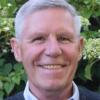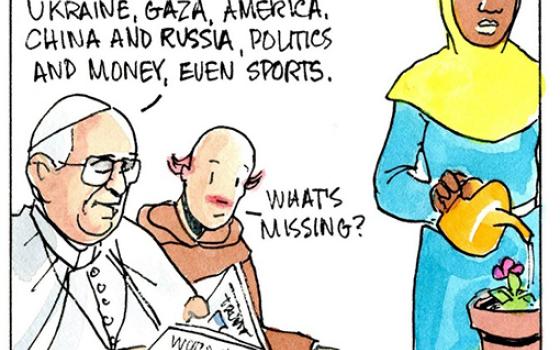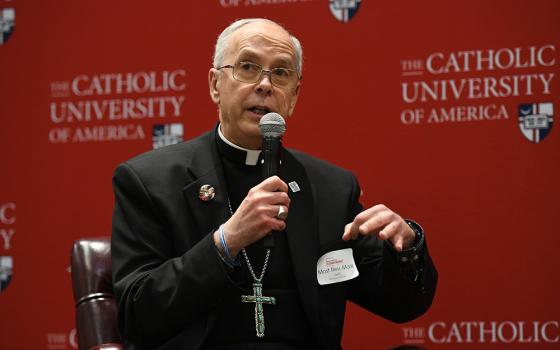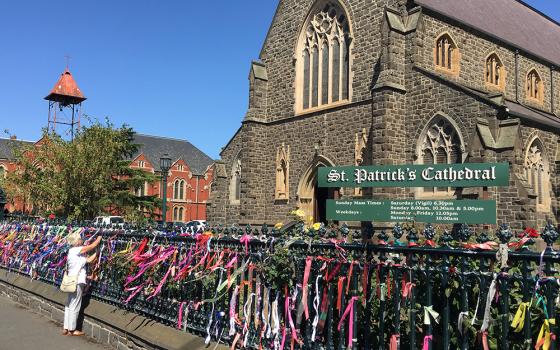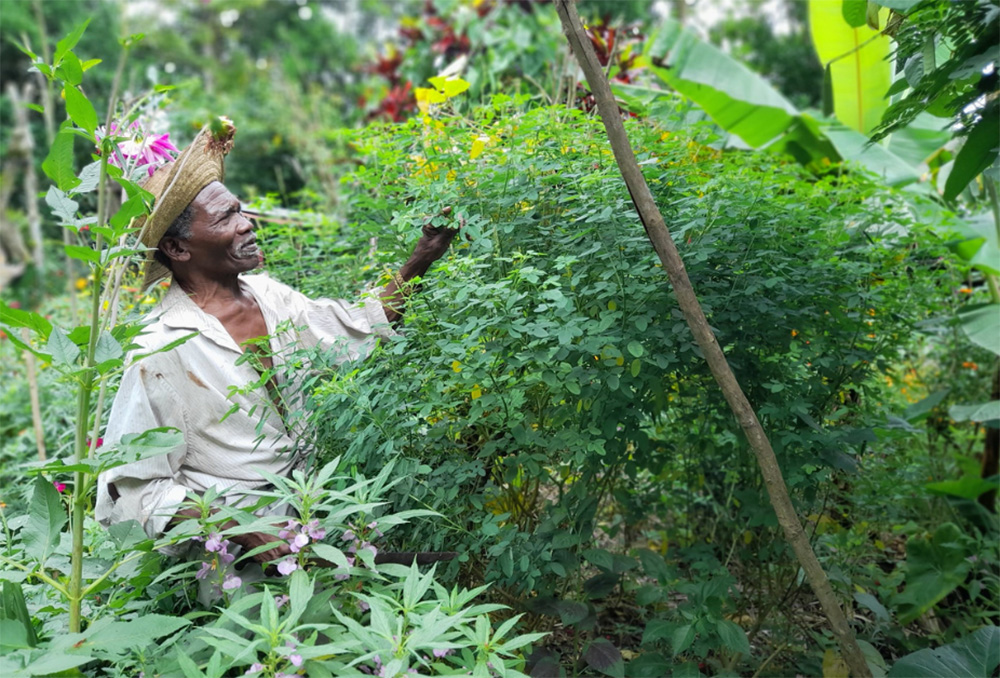
Sustainable Harvest International-Panama partner farmer Ángel Vivas' agroforestry parcel (Courtesy of Sustainable Harvest International)
We have a global food system that undervalues the role of farmers, fails to feed the planet and supercharges the climate crisis. We need a change like never before. Pope Francis, guided by Catholic social teaching, has made a clarion call to challenge existing situations and structures that degrade people and the environment and to develop strategies that restore dignity to the excluded and to protect nature.
As a Catholic with a liberation theology mindset, I attempt to live with an improved understanding and enlightened attention to the issues of world poverty, environmental protection and global warming. I see God as the liberator of the oppressed and "salvation" as working to save the world from self-destruction.
As a longtime serving board member of Sustainable Harvest International, I have had the privilege to work with staff and small farmers to build a culture of creative thinking that fosters local leadership, creates economic opportunity, puts the poor first and strives to empower youth to be new leaders of sustainable change.
Advertisement
Sustainable Harvest International helps to answer the question that Francis asks: "What kind of world do we want to leave to those who come after us, to children who are now growing up?"
Since 1999, Sustainable Harvest International has equipped low-income farmers with alternatives to sustain the land for generations, halt tropical deforestation and build strong and self-supporting communities. Its current programs exist in Belize, Panama and Honduras.
Sustainable Harvest International has partnered with close to 3,000 farming families, planted more than 3.5 million trees, and regenerated close to 30,000 acres. It also has helped to construct nearly 3,000 efficient wood-burning cook stoves.
In addition to these impressive numbers, Sustainable Harvest International has held more than 2,500 capacity-building trainings; helped to secure more than 1,500 small business loans; and helped to construct more than 2,000 kitchen gardens.
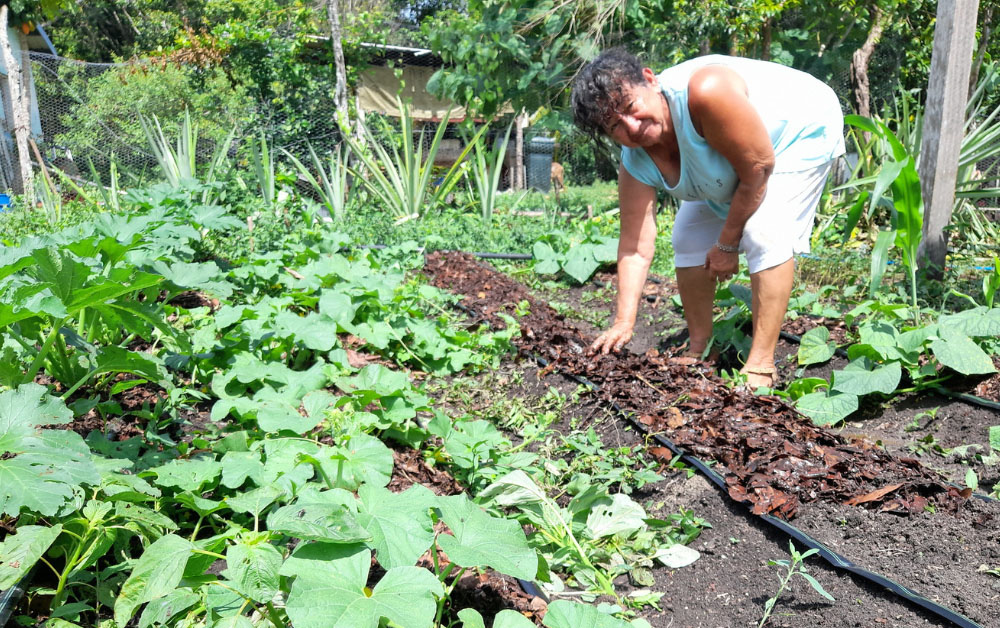
Sustainable Harvest International-Belize partner farmer Jorge Yam's agroforestry parcel (Courtesy of Sustainable Harvest International)
Its aspirational goal is to reach 1,000,000 farmers' families by 2030.
As one who strives to be in service to the world and the human race, I attempt to bond with others who are on a pilgrimage in communities of prayer, worship and social action. Sustainable Harvest International's mission, "Working together to create a just and sustainable world through transformative farmer training that nourishes communities and the earth," provides both a practical and mystical grounding for me.
To share a meal with farmers is sacramental, and even though Sustainable Harvest International is a secular organization, it represents what faith-based, long-lasting grassroots change looks like. It is faith in action. Arguably, it represents a "true ecological approach," such as that about which Francis writes, "so as to hear both the cry of the earth and the cry of the poor."
My service and the hope of Sustainable Harvest International are that another world is possible. May it be so.
